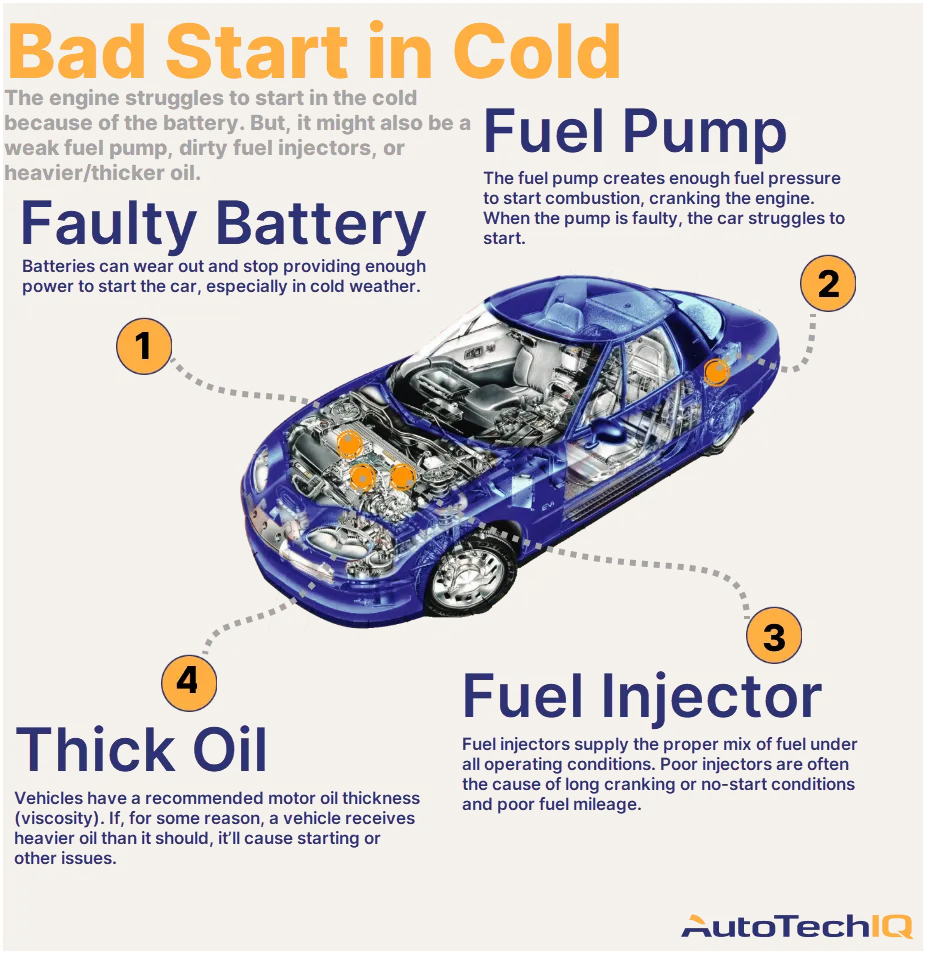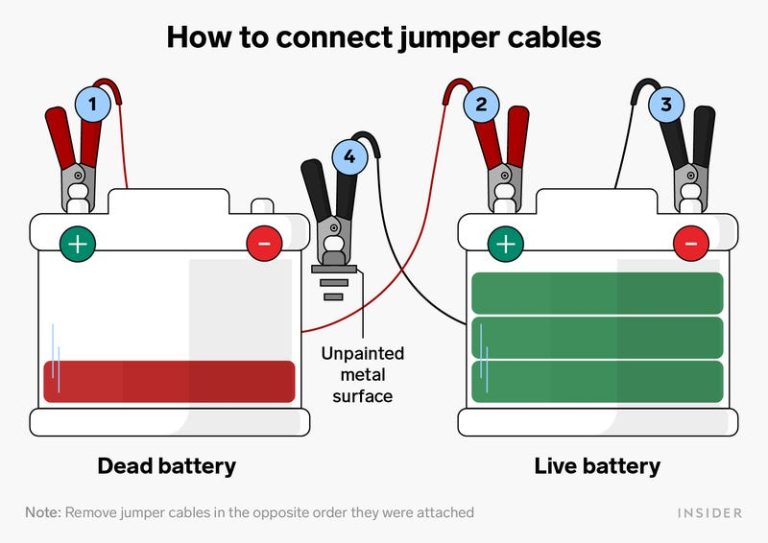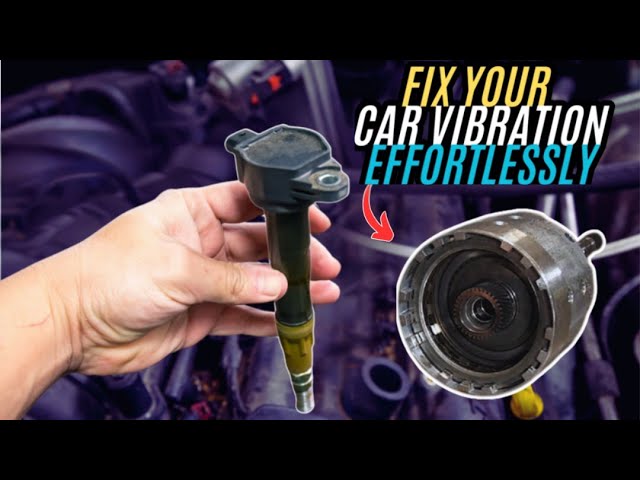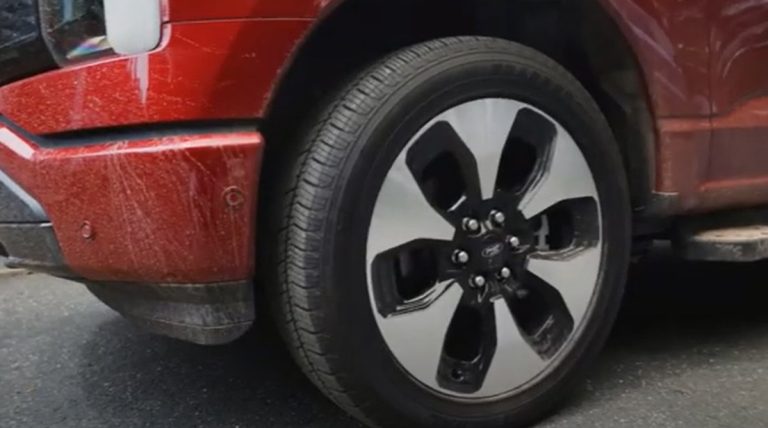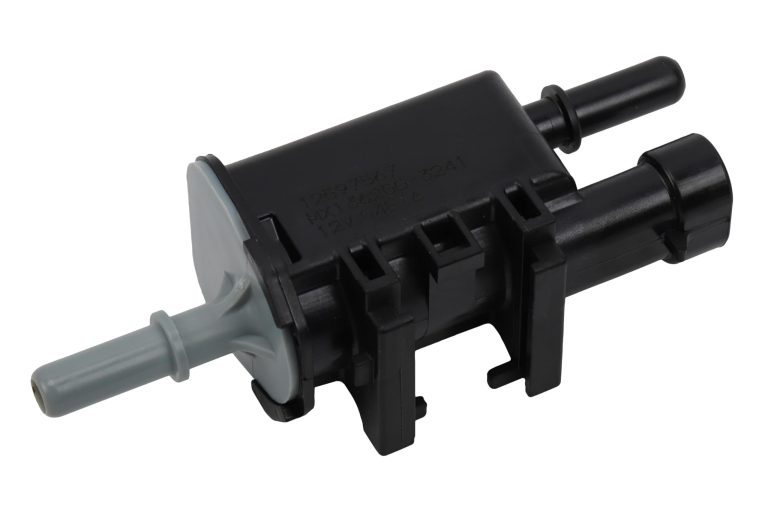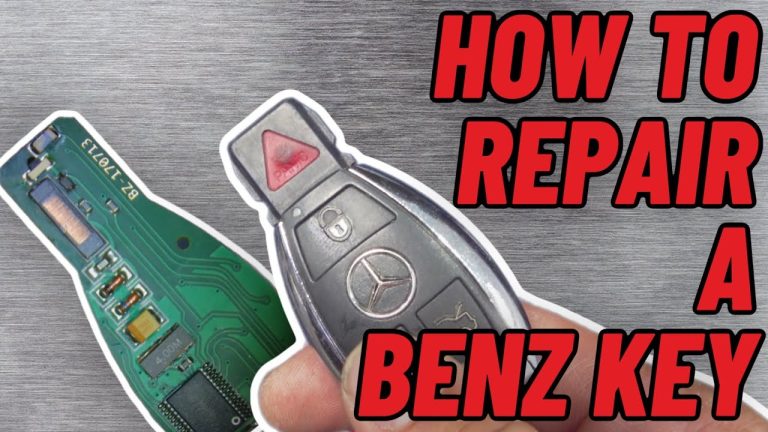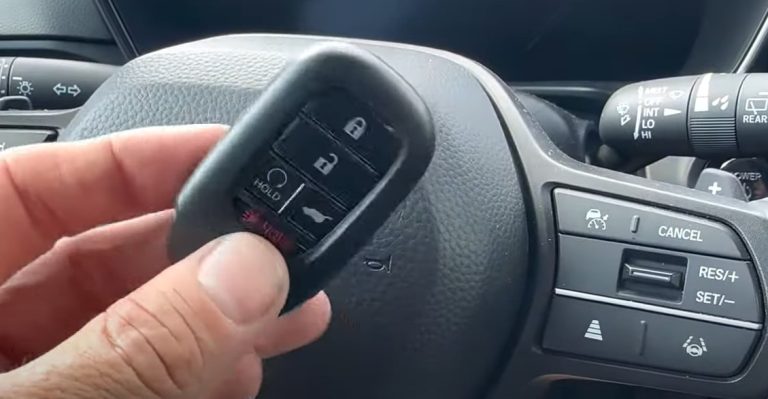Car Won’t Start in Cold But Battery is Good: Troubleshoot Now
If your car won’t start in the cold but the battery is good, the issue could be thick engine oil, a faulty starter, frozen fuel lines, or weak spark plugs. Cold temperatures can also affect fuel delivery and ignition timing, preventing the engine from turning over smoothly.
But instead, there’s nothing. Silence. The battery’s fine, so what gives? It’s a frustrating puzzle that’s left you stranded in the cold. You’re not alone. Many drivers face the same issue when temperatures plummet. But don’t worry, understanding the reasons behind it can save you time and stress.
We’ll uncover why your car won’t start in cold weather despite having a good battery and explore simple solutions to get you back on the road. Stick with us, and you’ll soon be revving up your engine with confidence, no matter how chilly it gets outside.
Car Won’t Start in Cold But Battery is Good
If your car won’t start in cold but the battery is good, possible causes include thick engine oil, faulty starter, frozen fuel lines, or weak spark plugs.
Common Cold Weather Car Issues
| Possible Cause | Description | Solution |
|---|---|---|
| Thick Engine Oil | Cold weather thickens oil, making it hard for the engine to turn. | Use winter-grade or synthetic oil. |
| Frozen Fuel Lines | Moisture in fuel lines can freeze, blocking fuel flow. | Add fuel-line antifreeze or keep tank full. |
| Faulty Starter | Cold can affect the starter’s performance. | Test and replace if necessary. |
| Weak Spark Plugs | Old or weak plugs may fail in low temperatures. | Inspect and replace spark plugs. |
| Fuel Delivery Issues | Cold can affect fuel pump or injectors. | Check fuel system components. |
Read more: Key Fob Unlocks But Won’t Start Car: Solutions Inside
Frozen Fuel Lines
Fuel lines can freeze when temperatures drop. This is more common in older cars, but it can happen to newer models too. Water in the fuel lines can freeze, blocking fuel flow. Consider using a fuel additive to prevent this from happening.
Thick Engine Oil
Cold temperatures can thicken engine oil, making it harder for your engine to turn over. If you’ve ever tried to stir honey straight from the fridge, you’ll know what this feels like. Switching to a winter-grade oil can help keep things flowing smoothly.
Starter Trouble
The starter motor can struggle in cold weather. It requires more power to crank the engine, which can be a problem if the connections are weak. Regular maintenance checks can ensure your starter is in good condition.
Faulty Spark Plugs
Old or worn spark plugs may not create enough spark to ignite the fuel in cold conditions. This can leave you stranded on a frosty morning. Replacing spark plugs regularly can keep your engine firing up even on the coldest days.
Have you ever faced one of these issues while rushing to work? These common problems can be avoided with simple preventive measures. Next time your car refuses to start, consider these factors before assuming it’s the battery. Your morning coffee might be cold, but your car doesn’t have to be.
Fuel System Concerns
Cold weather can be a car’s worst enemy. Especially when starting it. Even if your battery is good, the car might not start. This can be due to fuel system concerns. The fuel system plays a crucial role in engine performance. Problems in this system can cause starting issues.
Fuel Line Freeze
Water in the fuel can freeze in cold weather. This blocks the fuel line. No fuel reaches the engine. A fuel line freeze can prevent the car from starting. To fix this, keep your tank full. This reduces condensation. Use fuel additives to prevent freezing.
Fuel Pump Issues
The fuel pump sends fuel to the engine. Cold weather can affect the pump’s performance. If the pump fails, the engine starves for fuel. Listen for a whining noise from the tank. This may signal a failing pump. Regular maintenance can prevent pump failures.
Clogged Fuel Filter
The fuel filter keeps debris out of the engine. A clogged filter restricts fuel flow. In cold weather, this problem worsens. An engine needs an unrestricted flow of fuel to start. Replacing the filter can solve the issue. Check your car’s manual for replacement intervals.
Bad Fuel Quality
Low-quality fuel can cause starting problems. It may contain water or impurities. These can freeze or clog the system. Always use high-quality fuel. It ensures smooth engine operation. Consider using a fuel stabilizer in winter months.
- Thick engine oil can make it harder for the engine to turn over in cold weather.
- Frozen fuel lines or weak spark plugs may prevent the engine from starting.
- A faulty starter or fuel delivery issue can also cause no-start problems in low temperatures.
Ignition System Challenges
Cold weather can cause cars not to start even with a good battery. Ignition system issues like faulty spark plugs or a malfunctioning ignition coil may be the problem. Regular maintenance can help prevent these cold start issues.
When the temperature drops, starting your car can feel like a game of chance. Even with a perfectly good battery, you might find yourself stranded, wondering what went wrong. Often, the culprit is the ignition system. Understanding these challenges can save you from headaches and costly repairs.
Understanding The Ignition System
The ignition system is the heart of your car’s engine. It’s responsible for igniting the fuel-air mixture, creating the power that gets your vehicle moving. In cold weather, components like spark plugs and ignition coils can struggle to perform their best.
Cold conditions can cause the spark plugs to malfunction. They might fail to create a spark strong enough to ignite the fuel. This can lead to misfires or a no-start situation.
Impact Of Cold Weather On Ignition Components
Cold weather affects metals and electrical components. It can make them brittle or less conductive. This means your ignition coil might not provide enough voltage to the spark plugs.
Think about the last time you tried to start your car in freezing weather. Did the engine hesitate or make unusual noises? These are signs that your ignition system might be affected by the cold.
Checking And Maintaining The Ignition System
Regular maintenance can prevent most ignition-related issues. Start by inspecting your spark plugs. Look for any signs of wear or deposits. A worn-out spark plug can cause weak sparks.
Also, check the ignition coil. Make sure it’s providing adequate voltage. If it looks old or damaged, consider replacing it. A small investment now can save you from a big trouble later.
Practical Tips For Cold Weather Starts
Consider parking your car in a garage or sheltered area. This can protect your ignition system from extreme cold. You might also use a block heater to keep the engine warm.
Ask yourself: Is your car ready for winter? Preparing your ignition system now can make a big difference when temperatures drop. Remember, a little proactive care goes a long way.
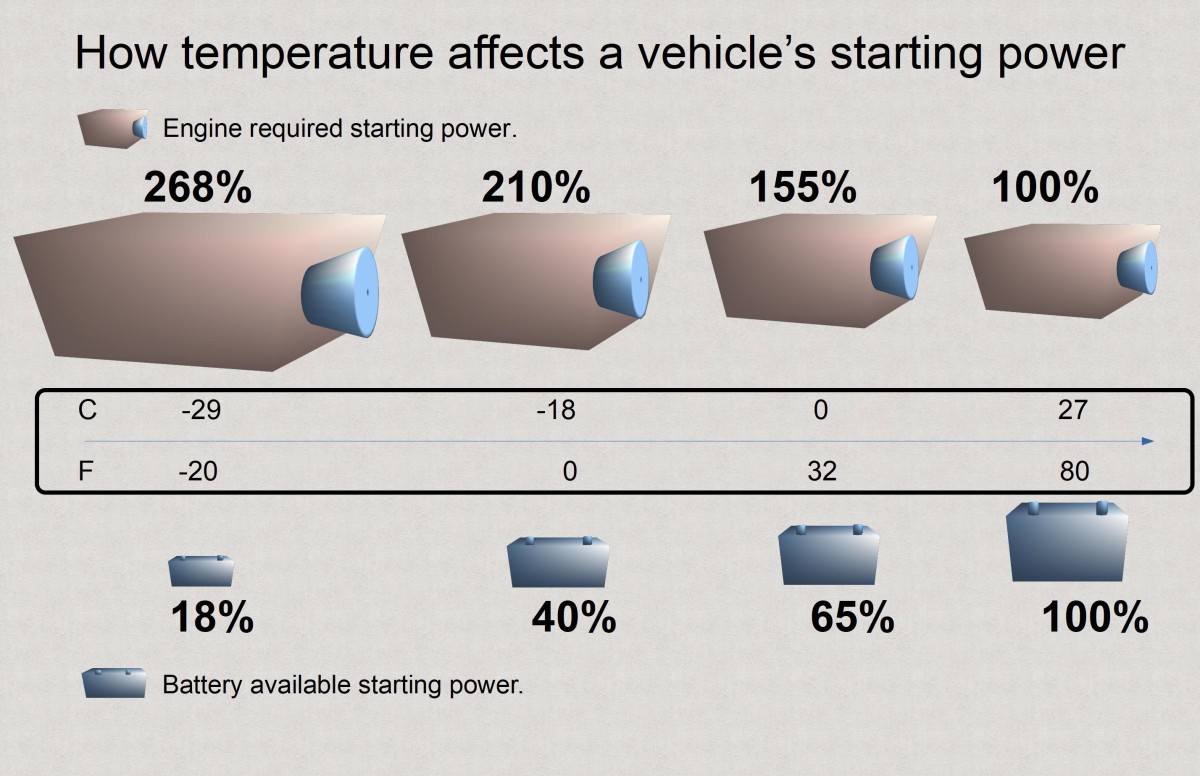
Credit: discover.hubpages.com
Read more: Best Tires for F150: Ultimate Performance Guide
Starter Motor Problems
Cold weather can cause starter motor issues, even if the battery is good. The starter motor may struggle to engage, preventing the car from starting. Regular maintenance checks can help diagnose and resolve these problems effectively.
When the cold weather rolls in, the last thing you want is to turn the key in your ignition only to be met with silence. You’ve checked the battery, and it’s in good shape, so what’s the deal? It might be time to consider the starter motor. This crucial component can be sensitive to the cold, and its failure can leave you stuck on a frosty morning. Understanding how the starter motor works and knowing the signs of trouble can help you get back on the road without hassle.
What Does The Starter Motor Do?
The starter motor is like the spark that lights the fire of your engine. It converts electrical energy from your battery into mechanical energy. This energy turns the engine over, starting the combustion process. Without a functioning starter motor, your car won’t start, no matter how charged your battery is.
Signs Of A Failing Starter Motor
Have you noticed a clicking sound when you try to start your car? This could be a sign the starter motor is struggling. Another sign is a grinding noise, which indicates the gears are not engaging properly. Pay attention to these sounds, as they are early warnings of potential starter issues.
Cold Weather Impact
Cold weather can amplify existing problems in your starter motor. The metal components contract, making it harder for the starter to engage. This is why cars often refuse to start on particularly cold mornings. Regular maintenance can mitigate these cold-weather effects.
How To Test The Starter Motor
Testing your starter motor might seem daunting, but it’s quite straightforward. You can perform a basic test by checking the voltage at the starter motor terminals with a multimeter. If the voltage is low, there might be an issue with the connections or the motor itself. Consider consulting a professional if you’re unsure about the results.
Simple Fixes And When To Seek Help
Sometimes, a simple cleaning of the connections can solve starter motor issues. Corrosion or dirt can prevent the necessary electrical flow. If cleaning doesn’t work, it might be time to get professional help. A mechanic can provide a definitive diagnosis and fix or replace the starter motor as needed.
Preventive Measures
Preventive maintenance can save you from the hassle of a non-starting car. Regularly check and clean connections to ensure they are free of corrosion. Park your car in a garage during cold weather to protect it from extreme temperatures. These small steps can make a big difference in keeping your starter motor in good health.
In your experience, what was the most unexpected car issue you’ve faced during winter? Have you ever had a starter motor fail on you? Share your stories and tips in the comments below!
Effective Troubleshooting Tips
Cold mornings can challenge car engines, even with a good battery. Check the fuel line for freezing or moisture issues. Verify spark plugs and starter connections for proper function to ensure smooth starts.
Dealing with a car that won’t start in the cold can be frustrating, especially when you know the battery is good. But don’t worry; there are practical steps you can take to troubleshoot the issue effectively. Whether you’re a seasoned driver or new to car maintenance, these tips can help you get back on the road. Let’s dive into some effective troubleshooting tips to tackle this chilly challenge.
Check The Fuel System
Start by ensuring your car has enough fuel. Low fuel levels can sometimes cause starting issues, especially in cold weather. If your fuel gauge indicates a low level, try adding more fuel.
Inspect your fuel lines for any visible cracks or leaks. Cold temperatures can cause these to become brittle and fail.
Do you hear the fuel pump working when you turn the key? If not, there might be an issue with the fuel pump itself.
Inspect The Spark Plugs
Spark plugs play a crucial role in starting your car. Remove one of the spark plugs and check for wear or damage.
Look for signs of carbon buildup or oil deposits. These can prevent proper ignition.
Replacing worn-out spark plugs can be a simple fix that makes a big difference.
Examine The Starter Motor
The starter motor is responsible for turning the engine over. Listen for a clicking sound when you turn the key.
A clicking sound might indicate a problem with the starter motor. If you suspect an issue, it might be time to consult a mechanic.
In my own experience, a faulty starter motor was the culprit behind my car’s cold-weather woes. Replacing it was the key to a smooth start every morning.
Test The Ignition Switch
The ignition switch sends power to the starter motor. Make sure your key turns smoothly in the ignition.
A worn-out ignition switch might cause intermittent starting problems. Consider having it tested if you encounter resistance when turning the key.
Sometimes, simply cleaning the ignition with a spray cleaner can improve functionality.
Consider The Engine Oil
Cold weather can thicken engine oil, making it harder for the engine to turn over. Check your oil level and ensure you’re using the correct viscosity for the season.
Switching to a winter-grade oil can improve cold-start performance. This small change can make a significant difference in how your car handles cold mornings.
Are you using synthetic oil? It performs better in low temperatures compared to conventional oil.
Taking these steps can save you time and hassle when your car won’t start in the cold. Each tip is designed to address a specific issue, making it easier for you to pinpoint the problem. Which troubleshooting tip will you try first?

Credit: www.familyhandyman.com
Credit: www.rac.co.uk
Frequently Asked Questions
Why Does The Car Struggle To Start In Cold Weather?
Cold weather thickens engine oil, causing resistance. Fuel may not vaporize easily. Battery efficiency drops, affecting power.
How Can I Improve Cold Weather Starting?
Use a block heater to warm the engine. Ensure high-quality oil and regular maintenance. Check spark plugs and fuel system.
Can The Starter Motor Cause Starting Issues?
Yes, a weak or faulty starter motor struggles in cold. It may not turn the engine effectively, causing starting problems.
What Role Does The Fuel System Play In Starting?
Fuel system must deliver fuel efficiently. Cold can affect fuel lines and injectors, hindering smooth ignition and starting.
Do Spark Plugs Affect Cold Weather Starts?
Definitely. Worn spark plugs fail to ignite fuel properly. Ensure they are clean and in good condition for reliable starts.
Conclusion
Dealing with a car that won’t start in the cold can be frustrating. Even when the battery is good, other factors might cause issues. Check the spark plugs and fuel system. Cold weather can affect them. Make sure the engine oil is suitable for low temperatures.
Thicker oil can make starting difficult. Keep your car well-maintained to prevent future problems. Regular checks can save time and trouble. Understanding these points helps you tackle cold start challenges. Prepare your vehicle for winter to ensure smooth starts. Stay informed and ready for any cold weather surprises.

